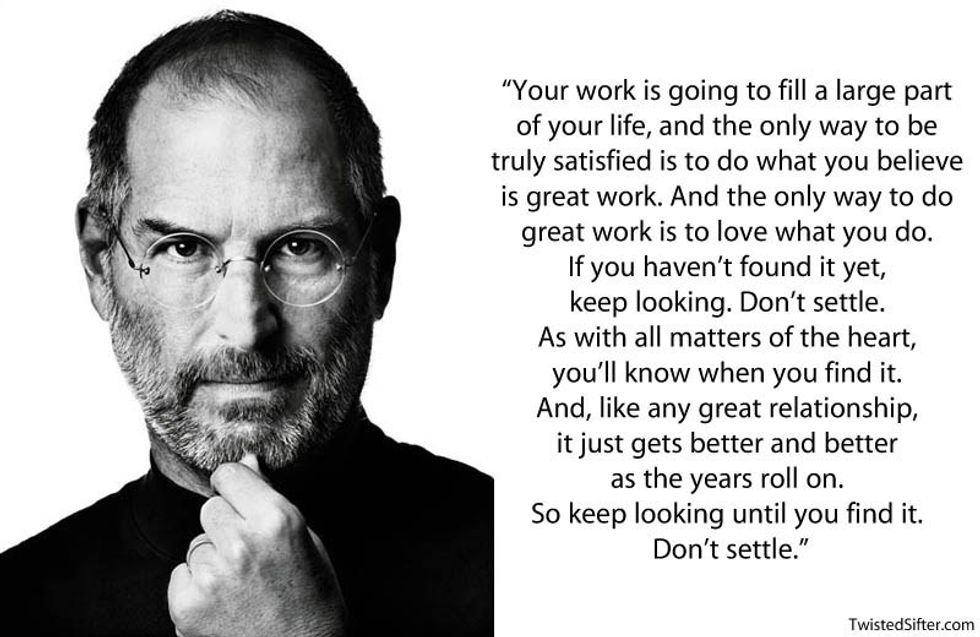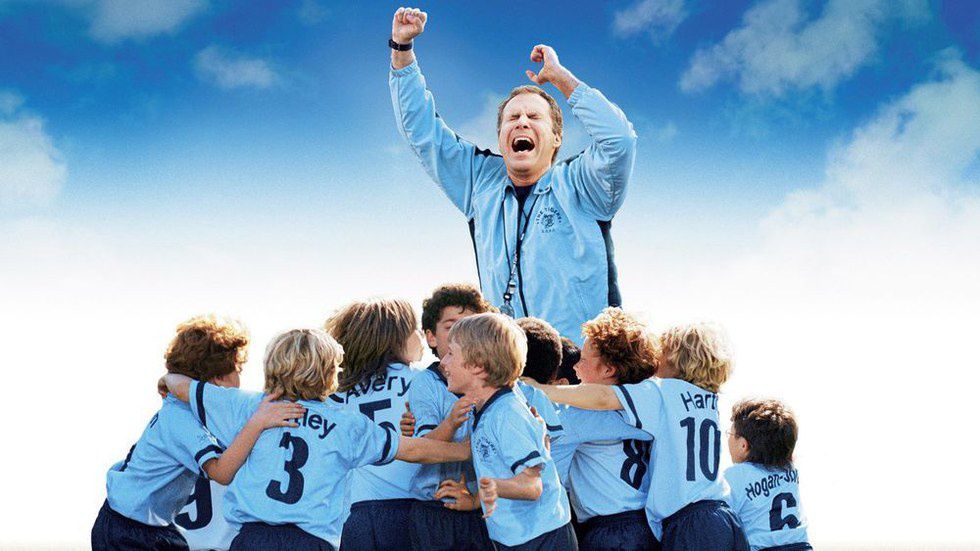For athletes, our sport of choice is one of most important (if not THE most important) things to us. We live by it. For many, we eat, sleep, and play (insert sport here). Sadly, playing sports never lasts forever. Even the greatest players in the world have their career come to an end at some point. Whether this retirement begins at the age of 40 or at the age of 18, there will always be a void in your heart where your sport once lived. Whether an injury causes the end of your playing career, or your retirement is planned out, it is still hard on each individual to move on from the game.
During your playing career, injuries were the worst. You had to miss practices (both fun and not-so fun) because you were doing your physical therapy. You had to sit on the bench and watch your teammates pour their heart and souls into games. You sometimes felt as if you really were not actually a part of the team during those injured times. Fortunately, most injuries come and go and we you able to recover and rejoin your teammates.
However, in many situations, that one injury ends an individual’s career. Now, it doesn't matter whether it was from too many concussions, a blown-out knee, or a Tommy John surgery, a career-ending injury is depressing for any athlete. In this situation, your body is telling you that it is no longer capable of playing the way you once did.
For others, there will come a time when you decide to hang it up and focus on other things. Whether it’s getting a job or focusing on school, there comes a time in every athlete’s career where the cons of playing the sport outweigh the pros. So what happens when you do finally hang it up for good?
After a few weeks of enjoying the free time you are not used too, you begin to realize how much you miss your sport. How much you need the sport back in your life. Suddenly, you realize that having alarms at 5 a.m. wouldn't be such a bad thing if it meant you got to have practice again. For a little while, it will feel like you are going through the motions and you may even feel lost.
It is okay to be lost. But, it's what you do once you feel lost that changes everything
Life isn't always fair. You may feel cheated that your career came to an early-end. You may wish that you hadn't quit playing or wish you had just one more opportunity to prove you still have it. But, life has never been about the hand of cards you were dealt. Moreover, life is about what you do with the cards you have. So, these moments when you do feel lost have the ability to make you into a new person, or break you. I urge you, to help them make you.
So you’re not able to play [sport] anymore. That doesn't signal the end of life as we know it. In fact, it actually just starts a whole new one. What’s that saying again? When one door closes, another one opens. And it couldn't more accurate. Once you realize this, there are a few things that you can do to start anew.
1. Become More Involved
This can mean anything from joining a club on
2. Find a New Hobby or Passion
Okay, so you are no longer able to play the sport that you considered to be your hobby, your life, your passion, etc. Trust me, I know where you are at. For months, I tried different things and I always came to the same solution. Nothing in life would ever replace the feeling soccer gave me. Then, after months of trying different things, I suddenly realized that writing actually did give me the same adrenaline rush that soccer gave me.
You too will find something that you are passionate about. This is extremely important in life, as you must love what you do. If you do not love what you do, if you are not passionate about your work, then you must keep looking, and never settle. Don't believe me? Take it from Steve Jobs.
3. Nap
Now, I know that this contradicts what I said in Step 1 about not binge-watching six seasons on Netflix, however, it is true. For so long, your schedule has been swamped by school, weights, study hall, practices, games, and an attempt at a social life. Now, you have the ability to be able to nap after class and still be productive throughout the rest of the day.
4. Coach
Many athletes immediately realize they truly cannot live without the game. Because of this, they take up coaching. Coaching is a great way to give back to the future generation all of the amazing things you've already learned about the game. For the kids, it adds an extra bit of knowledge to their practices. For you, it gives you the opportunity to stay around the game, while pursuing it from a different vantage point. And who knows? You might really enjoy it.
Regardless of what you do, just make sure you put as much effort into life after you stop playing, as you did while you were playing the game. For some, it is good to look at life after the game as a new challenge, or a quest. Use your imagination and make things fun, much like they were when you were on top of the world playing the sport you love. I leave you with one last quote from Steve Jobs,
"Have the courage to follow your heart and intuition. They somehow already know what you truly want to become."
























